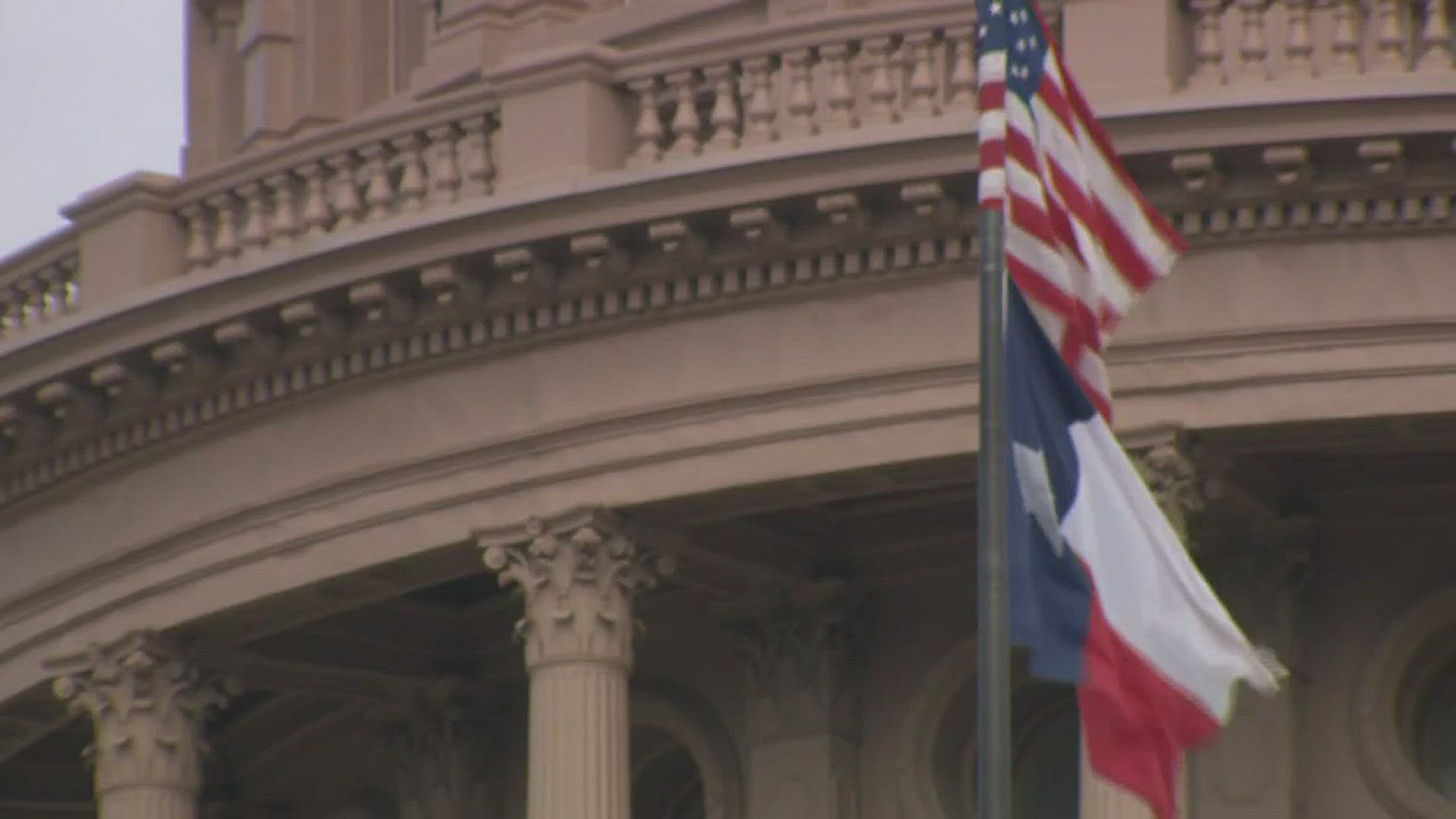There's a cost to do business in the State of Texas. It's called the margin or franchise tax.
"Basically the franchise tax is a business tax," explained Representative Donna Howard (D-Austin).
The year Howard started serving in the House is the same year lawmakers made some changes to the tax.
"In 2006 we revised that to lower the rate but expand the base so that more businesses were part of the franchise tax system," she explained.
The advantage of the tax is it's supposed to result in lower property taxes and not all business have to pay it.
"According to the Texas Taxpayers and Research Association, only about one in ten businesses actually pay the franchise tax," said Howard. "And of those, the Texas Taxpayers and Research Association says, about a third don't even exist here in Texas, the owners are not in Texas. So it really doesn't affect as many businesses as one might think, but those that it does affect, it's a very unpopular tax with them."
Its unpopularity in the business community is what's driving some lawmakers are try to kill the tax. In March, the Senate overwhelmingly passed a bill to reduce the franchise tax rate as the state's general revenue grows. A measure that will kill the bill slowly.
But on Friday, the House took a final vote to approve Representative Dennis Bonnen's bill to kill it a little faster by phasing it out.
"So this is our stand-alone bill to put the franchise tax on the correct path and that is the path of going away," Bonnen (R-Angleton) said when he introduced the bill on the House floor the day before.
Fewer taxes sounds like a good thing, but there's always a catch. And in this case, it's a catch that prompted Howard to vote against the bill.
Which is why Howard didn't vote for the bill.
"The biggest concern that we've had is that the revised margin tax was meant to help cover the cost of public education. We've continued to erode that tax. And if we continue to do that and totally eliminate it, that's a big gaping hole in public education funding," she said.
How gaping? House Bill 28 is expected to cut $3.5 billion per biennium from the budget. And when the state puts in less money for public schools, property tax payers put in more.
Currently, property values in Texas are continuing to increase but experts say this cycle won't last forever. They predict eventually, the state will have to put in more to pay for public education and without a franchise tax, they could have less money overall to work with. So while cutting taxes seems good now, it may cause problems in the future.
HB28 will now head to the Senate.

